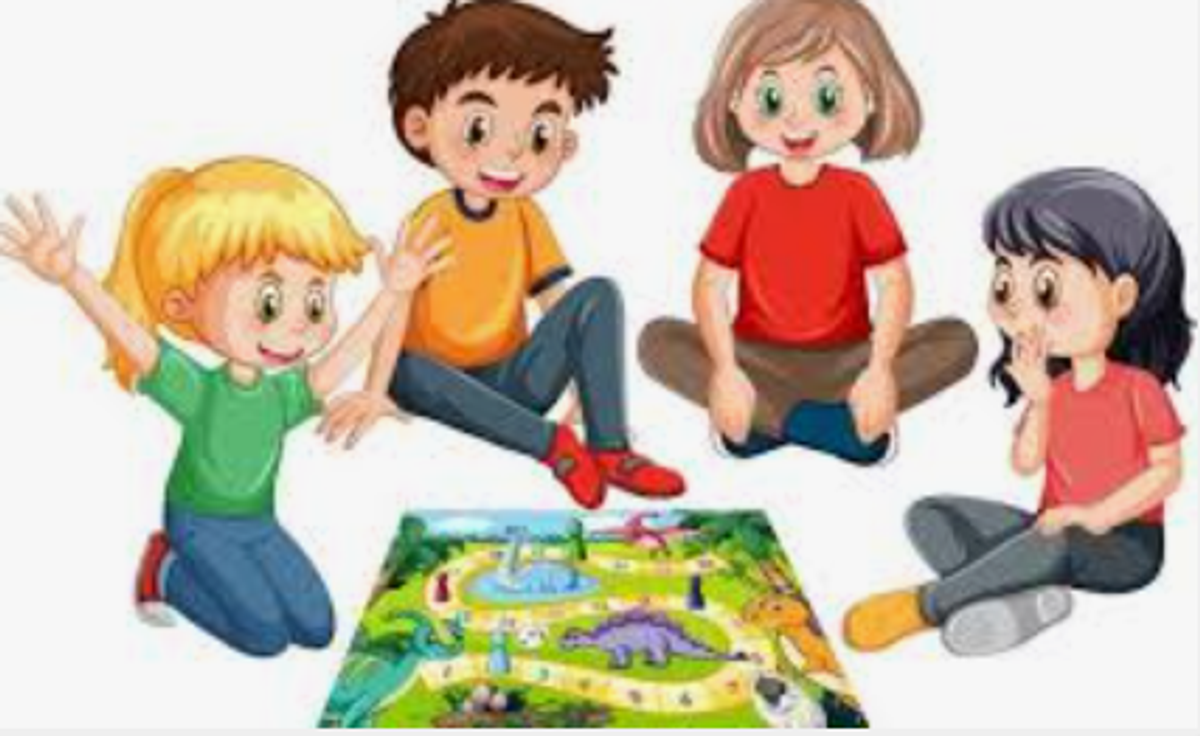Student Well-being

Fair play for children - Raising Children Network
Children and fair play
Playing fair is about learning and using the rules of the game and putting them into practice – whether they’re special family rules for card or board games, or the rules at Saturday sport.
Fair play is also about learning social rules, like cooperating, taking turns, being polite, solving problems and being flexible.
Helping children with fair play: tips
You can use the following tips to help children of any age learn about fair play and enjoying the game.
- Consider the age of your child: children can learn about fair play more easily when the game is suitable for their age. For example, children younger than 6-7 years find it hard to understand formal rules. Simple games that give each child a turn can work well for younger children – for example, ‘snakes and ladders’. Short waiting times can help too.
- Give your child the chance to play a variety of games: the more experience and practice the better. Try board and ball games, competitive games of skill like chess, competitive games of chance, and cooperative games like charades. Even make-believe games can help children practise taking turns.
- Find a range of playmates: it’s good for your child to play with children who are older or younger. For example, your child can look after younger children and show them the rules. Older children can also be good role models for younger children.
- Go over the rules of the game: before the game starts, make sure everyone knows what the rules are and how they make the game fair. You might also need to gently remind children of the rules as you play.
- Introduce some social rules: these could be rules about taking turns and congratulating other people when they win.
- Encourage children to have a say in the rules: if you’re playing a game with flexible or made-up rules, ask children what the rules should be. For example, ‘If the ball goes out of bounds, what do you think should happen?’ Children who feel they’ve had a say in the rules are more likely to follow them.
- Give feedback: praise your child for sharing, taking turns and other examples of playing fair. Point out what your child did well. For example, ‘I thought it was great the way you shook hands with the other team at the end of the game’.
Children learn about fair play by watching what you say and do. Following the rules, accepting referee decisions and being a good sport yourself all set a great example for your children. You can be a good role model on the sidelines too by saying things like, ‘Better luck next time’, ‘Good try’ or ‘Well played’.
Fair play and competition
Competition can be good for children.
When children compete against each other, the game becomes a challenge and motivates children to do their best. This can improve skills, encourage discipline and focus, and help children feel good about their achievements.
Competition also increases the desire to win. And that’s when children can sometimes find it hard to play fair. Because they want to win, they might challenge rules and other players. Some might get into arguments with their team mates and even start cheating.
Competition checklist
Competition works best when there are clear, fair and age-appropriate rules that everyone understands and agrees to follow before the game starts. It’s also good if children are all at the same skill level.
These questions that can help you work out whether a competitive game will be a positive experience for your child:
- Is the game suitable for your child’s age? Modify the game to suit your child’s age, or let your child know they can play it when they’re older.
- Does your child have an opportunity to win? Switch to a game of chance where your child has the same chance of winning as all the other players.
- Is the opponent playing fair? Sometimes you might need to step in and remind the players of the rules.
When children aren’t playing fair
Here are ideas for those times when your child is finding it hard to play fair:
- Take your child out of the game and tell them calmly and clearly what they can do to play fairly. For example, ‘The rules say that you can have only one throw each turn. It’s important that everyone follows the rules’.
- Handle the challenging behaviour if it continues. For example, you might have to sit your child out of the rest of the game, and talk with them later when they calm down.
- Talk with your child about their feelings and what they should do next time. Before your child plays the next game, you could try setting up some ground rules. For example, ‘If you complain about the rules, I’ll have to stop you from playing the game’.
- Remind your child that games are about having fun, not about winning or losing.
- If your child is boasting about winning, try praising them for their efforts in other areas – for example, for cooperating with others, sharing or being helpful.
Winning and losing
How your child plays the game is more important than winning or losing. When your child understands this, they’ll be a ‘good sport’ and have fun playing, no matter whether they win or lose.
Winning is a great feeling, and it’s OK for your child to feel proud of being the winner. It’s also important for your child to be a good winner. This means showing sympathy and support to the losing team or player. If you can, try to discourage your child from boasting. Instead you can highlight the fun that everyone had playing the game.
If your child loses a game, it can help to emphasise how well they played. This is really important in helping your child handle uncomfortable feelings. Praise your child’s efforts. For example, ‘You were great at helping the younger kids’ or ‘You followed the rules really well’.
Children – and even adults – find it easier to lose in a game of luck than in a game of skill. This is because losing a game of chance doesn’t say anything about you or your abilities. If your child is having difficulty dealing with losing, try playing games of chance first, then build up to skill-based activities.
Some games of chance include ‘snakes and ladders’ or ‘snap’.
Games of skill include Connect 4, chess and Pick-up sticks.
Lauren Borg
Student Wellbeing Leader


